Ken Sehested
Circle of Mercy, Asheville NC
18 March 2018
Texts: Psalm 51:10-19, Jeremiah 6:14-15
Most of you know I’m a pretty mild mannered sort of guy. I was reared to be nice. “Y’all be nice” was what my parents said any time I went out. Occasionally they would say “y’all be good.” But we were never told “y’all be truthful.”
Being truthful is not always nice. And tonight I’ve decided to come out swinging.
It’s a helluva time we’re living in. Recently, I was writing a friend, musing about the multiple tragedies of the age. For some reason I got on a roll and listed one damnable thing after another. I paused before signing off, and a closing thought came out of the blue. Before I knew it, I had typed, “WHAT A GREAT TIME TO BE ALIVE.”
It is a great time to be alive, even if it’s not always a pleasant time to be alive. We are witnesses to some extraordinary things. In the past four weeks, in the aftermath of the mass shooting in Parkland, Florida, I have time after  time been gobsmacked by the passionate eloquence of the survivors of that trauma, and with the relentless and articulate organizing they are doing to demand policy changes on gun control. After the elementary school shooting in 2012 at the Sandy Hook Elementary School in Connecticut, I was sure as sure could be that Congress would rise up, with President Obama’s passionate support, to enact sensible gun control measures. It didn’t happen. All we got was “thoughts and prayers.” Since that disappointment, I pretty much gave up on any realistic possibility that change could happen. At least in my lifetime.
time been gobsmacked by the passionate eloquence of the survivors of that trauma, and with the relentless and articulate organizing they are doing to demand policy changes on gun control. After the elementary school shooting in 2012 at the Sandy Hook Elementary School in Connecticut, I was sure as sure could be that Congress would rise up, with President Obama’s passionate support, to enact sensible gun control measures. It didn’t happen. All we got was “thoughts and prayers.” Since that disappointment, I pretty much gave up on any realistic possibility that change could happen. At least in my lifetime.
But this student movement has added a new factor to the political calculus. Last week hundreds of thousands of student across the nation, from some 30,000 schools, staged a walk-out to demand action. I was stunned to watch Florida Senator Marco Rubio publicly reproached by students in a national television broadcast by CNN. There is no one in the nation that could have done that other than those students.
There is a line from the Hasidic tradition of Judaism: “God is not nice. God is not an uncle. God is an earthquake.”
This is a great time to be alive, even in the face of the political earthquakes happening in our nation. We are in the age of trumphoolery. Most everything we thought was nailed down is coming loose.
Those of you who’ve been to Matanzas, Cuba, may have met Samuel Gonzalez who works for the Kairos Center. When Stan Dotson was there in November 2016, listing to the news from a distance of Donald Trump’s election, Samuel made some of the most insightful commentary I’ve heard. He commented to Stan that Trump would be America’s chemotherapy: a poison injected into the system to combat malignant growth. “What is cancer,” Samuel said, “but uncontrolled growth,” referring to the type of gangster capitalism that now controls our economy. Few seem to realize that the ascendant engines of our nation’s economy are at war with our democratic values.
The thing about chemotherapy, there’s always a risk that the poison will kill before the cancer does. Right now, with regard to the future of our democracy, my sense is that the odds are at best about 50-50.
If you think I’m being alarmist, listen to what 4-star General Barry McCaffrey—the most decorated general in US history—had to say this week. President Trump, McCaffrey tweeted, “is a serious threat to US national security.” Then on Friday, John Brennan, the former head of the Central Intelligence Agency, was even more scathing. Speaking directly to Trump, he wrote, “When the full extent of your venality, moral turpitude, and political corruption becomes known, you will take your rightful place as a disgraced demagogue in the dustbin of history.” These guys aren’t snowflakes or lollypop lefties—they come from the elite of our warrior class.
The truth is not always nice. The work of conciliation will always and forever be part of our ministry and mission as a community of faith. But so, too, the work of confrontation. The trick is to known when and where to do which and how. And the most important place we learn these discernment skills in right here in this Circle.
Oh, it’s a great time to be alive. In my better moments I can imagine a way through this malignant thicket of political corruption, economic debauchery, and military adventurism. I believe there is still time to turn toward the Beloved Community, to hear and respond to the announcement of the coming Reign of God. Doing so, however, means we must rediscover a very old-fashioned word. That word is penitence.
Not long ago, New York Times columnist Charles Blow wrote, “Concealment makes the soul a swamp. Confession is how you drain it.” And in that same vein, Maya Angelou wrote, “History, despite its wrenching pain, cannot be unlived, but if faced with courage, need not be lived again.”
Except in a few traditional religious settings, penitence is a seldom used word. While its more common synonyms—confession, apology, contrition, and repentance—are standard parts of many church liturgies, the images they convey have generally fallen out of favor.
There are good reasons why this is so. The primary definition of penance is “voluntary self-punishment inflicted as an outward expression of repentance for having done wrong.” A web search for images of penance reveals more than a few pictures of people whipping themselves.
We privilege confession and absolution in our liturgy not because God enjoys our humiliation. Just the opposite. By the grace of God, confession frees us from the power of our failures. Confession provides the possibility to begin again. The wreckage wrought by human behavior is real; but the future is not thereby fated.
The Prophet Jeremiah, living in a time of ancient Judah’s culture of corruption and fraud, spoke these complaints 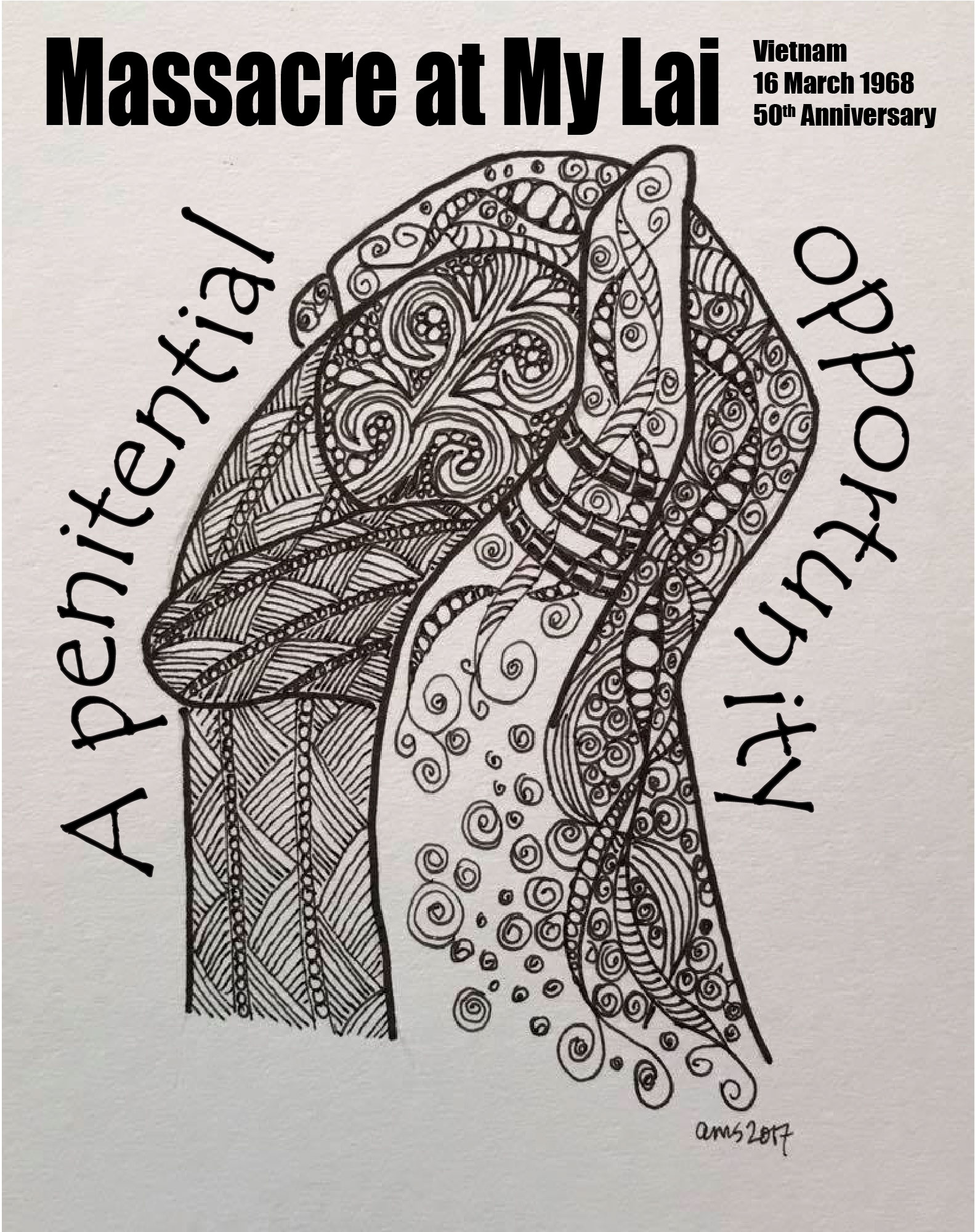 and accusations from God to the people of promise: “They have treated the wound of my people carelessly. They acted shamefully, they committed abomination, yet they did not know how to blush” (6:14-15).
and accusations from God to the people of promise: “They have treated the wound of my people carelessly. They acted shamefully, they committed abomination, yet they did not know how to blush” (6:14-15).
It seems like every time I read the newspaper, or listen to radio or television newscast, I think of this phrase from the prophet: “They acts shamefully . . . and they did not know how to blush.” Our wounds have been treated carelessly.
Just this past Friday marked the 50th anniversary of the massacre by US troops in the hamlet of My Lai, Vietnam, which our current national security advisor Lt. General H.R. McMaster called the greatest American foreign policy disasters of the twentieth century." By the way, Bill Ramsey represented us in Washington, taking part in a vigil on Friday outside the White House remembering this painful history, reading a penitential litany he and Joyce wrote for the occasion.
This year my Lenten imagination has been fixed on that massacre. On March 16, 1968, a platoon of soldiers led by Lt. William Calley committed war crimes in the small village of My Lai. There was no resistance. For reasons beyond human capacity to comprehend, they began systematically killing women, children, and elderly men—500 or so. Of the 26 officers and soldiers initially charged with crimes at My Lai, only Lt. Calley was convicted—of premeditated murder. He was remanded to life in prison but, in the end, served only 35 months under house arrest. Calley never wavered from his trial testimony that he was simply following orders.
The capacity for penitential living is our only hope for a different future. But alas, the language of penitence has fallen on hard times.
Our recent national history is replete with apologies of the “mistakes were made” variety that deny responsibility and make vague statements of remorse. “I apologize if I offended anyone.” Often, here’s what is really being said: “I’m sorry you were offended, but I meant no offense, so it’s really your fault that you feel this way.”
It’s easy to understand public disdain for any sort of penitential language. If absolution comes with no resolution to live differently, then confession is emptied of all meaning.
If we are to envision anything other than a dystopian future—rule of the brutal, by the brutal, for the brutal—we must recover language for what the Greek New Testament calls metanoia, meaning “to turn around, to change one’s life,” usually translated as “repentance.” To get there involves seven steps.
The first step is distinguishing between shame and guilt. In our culture guilt is confused with shame, a form of self-preoccupation that engenders paralysis and passivity, an escape—knowingly or not—from response-ability. Shame removes agency, whereas the proper function of guilt is to authorize and mobilize the work of restoration.
The second step in the recovery of penitential language is recognition of such work as a public process, not just a private solitary event. Admitting and facing up to public wrongdoing has come to be seen as a political weakness rather than a strength. To do the work of penitence requires that we support leaders strong enough to admit mistakes.
The third step in the recovery of penitential language is understanding that the purpose of judgment is restoration, not retaliation—the goal is the reclamation of virtue, not the authorization of vengeance.
The fourth step is acknowledging that the process of restoration is almost always discomforting, frightening, and strenuous. Kathleen Norris writes “For grace to be grace, it must give us things we didn’t know we needed and take us to places where we didn’t want to go.” The work of reconciliation will require considerable dislocation.
The resolve to no longer be silent in the face of abuse is the fifth requirement in a recovery of penitential living. Among the many memorable lines from Dr. King’s bold and dangerous speech critiquing the Vietnam War is “A time comes when silence is betrayal.” “Peace” is not silence in the face of abuse.
Ending silence in the face of abuse begins with the ritual work of lament, itself a form of penitence. This sixth step in penitential living requires that we give space and time for grief—whether in speech or music or dance or moaning. Our capacity to grieve and lament are directly related to our capacity for hope, much like the circumference of a tree’s canopy is proportionate to its root system.
The last of these seven steps in penitential living comes from Rebecca Solnit’s amazing book Hope in the Dark: Untold Histories, Wild Possibilities, and it brings us back to where we began. Solnit writes, “Hope is not like a lottery ticket you can sit on the sofa and clutch, feeling lucky. Hope is an ax you break down doors with in the case of emergency. . . The future is dark, with a darkness as much of the womb as of the grave.”
The penitential life, which begins in disillusionment and grief, pushes toward clarity, which leads toward a kind of hope that is more than daydreaming. Hope binds us to a process designed to overcome injustice by forging equitable relations.
As Dr. King wrote in his anguished essay “Letter from a Birmingham Jail,” “We are caught in an inescapable network of mutuality, tied in a single garment of destiny.” These cords neither smother nor strangle. Such covenants are essential  both for human and ecological flourishing. And this is what it means to be righteous in the eyes of God.
both for human and ecological flourishing. And this is what it means to be righteous in the eyes of God.
The fact that this year—on April 4, less than three weeks after the My Lai anniversary—we also mark the 50th anniversary of the assassination of Dr. King is especially instructive. King was not murdered because he was a dreamer. He was not assassinated for insisting on integrated water fountains, bus seating arrangements, and voting rights. He was murdered because he dared to identify a more persistent and deep-seated flaw in our national character which gave (and continues to give) rise both to domestic oppression and international aggression.
This flaw is stuck in our craw. The recovery of penitence is our only hope. Today we stand with the psalmist and pray, “Create in me a clean heart, O God, and put a new and right spirit within us all” (51:10)
It’s a great time to be alive. Let me close with hopeful word from the poet adrienne marie brown:
“Things are not getting worse. They are getting uncovered. We must hold each other tight and continue to pull back the veil.”
So may it be.
# # #


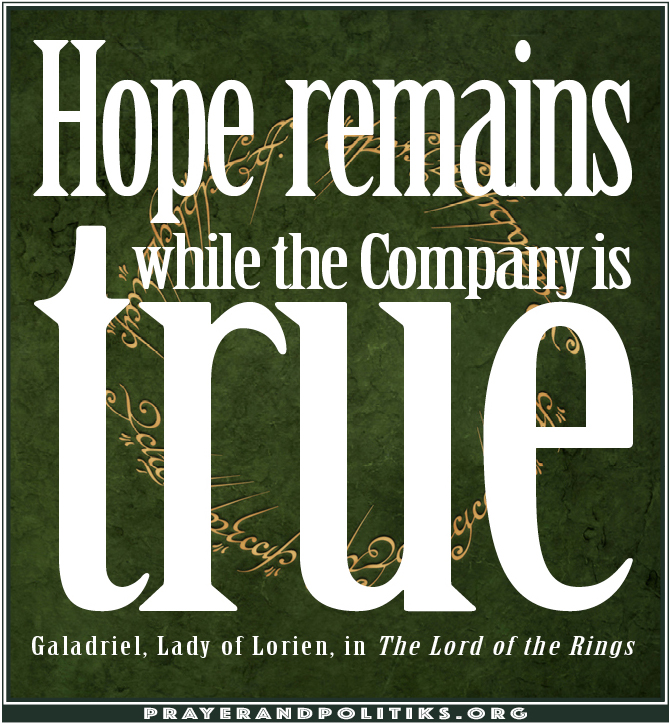 matter. This is life or death. I wanna kill a guy.”
matter. This is life or death. I wanna kill a guy.”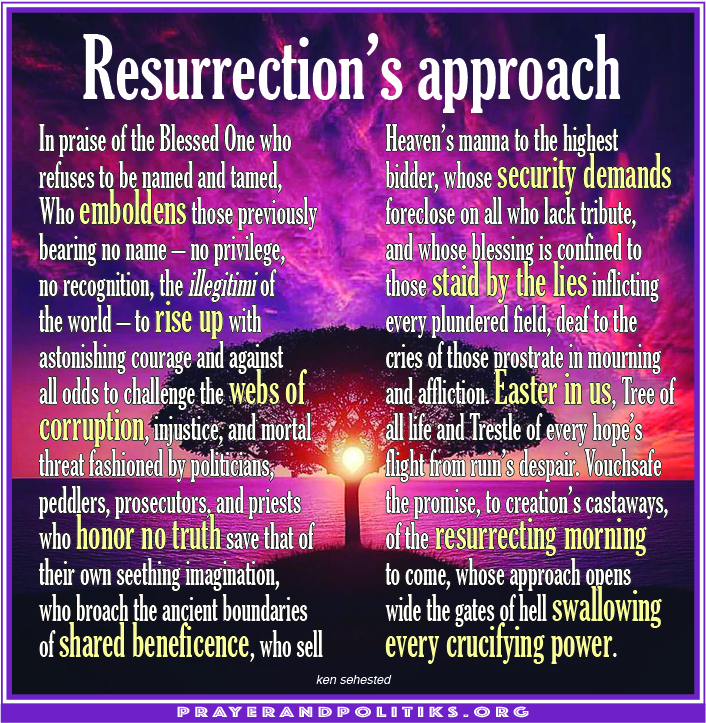 In praise of the Blessed One who
In praise of the Blessed One who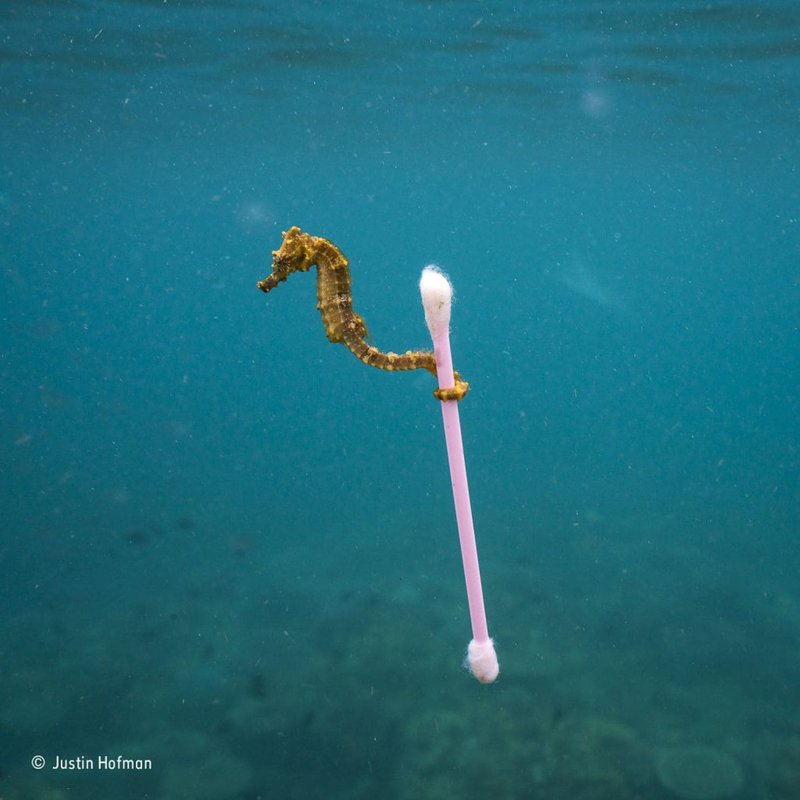
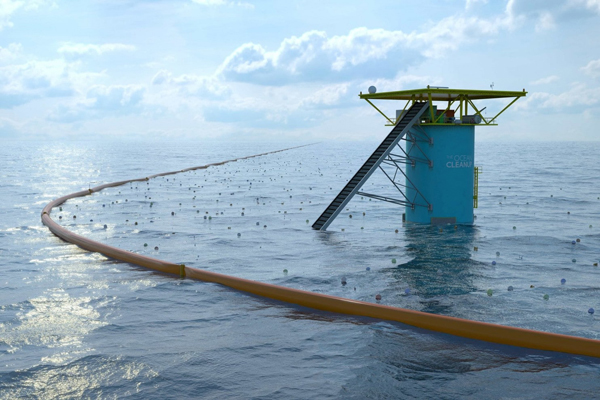 returns or calls me home / Here in the power of Christ I'll stand.” —Page CXVI, “
returns or calls me home / Here in the power of Christ I'll stand.” —Page CXVI, “ as found beached in California. It died due to the more than 22 kilos [48.5 pounds] of plastic found in its stomach.
as found beached in California. It died due to the more than 22 kilos [48.5 pounds] of plastic found in its stomach.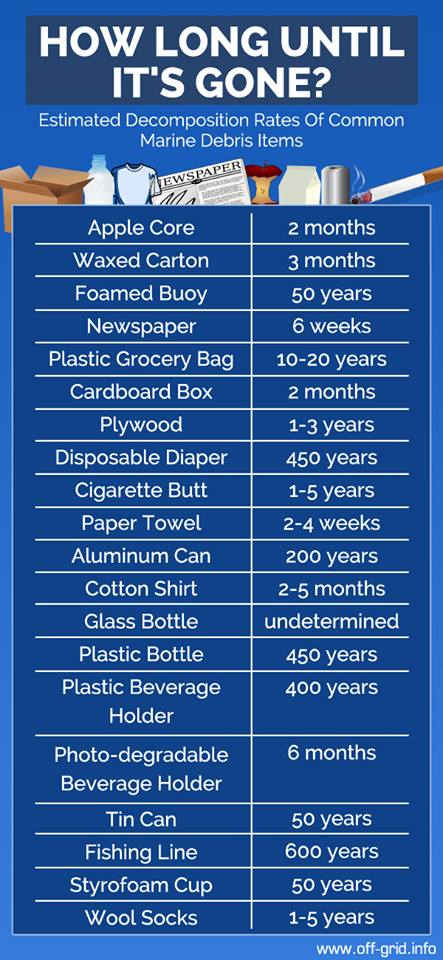 the world, with 99.8% of the pollution plastic.” —
the world, with 99.8% of the pollution plastic.” —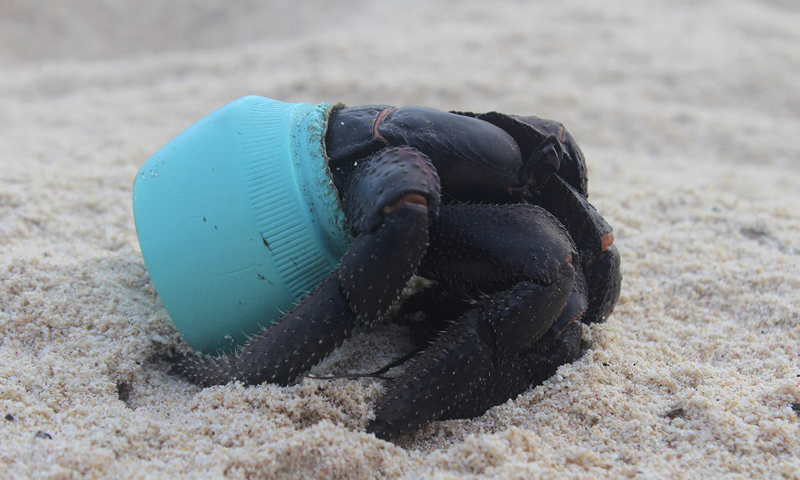 vide / In every change he will remain / Be still my soul, your God will undertake / To guide the future as in ages past / You hope, your mind, your will let nothing shake / And now mysterious shall be bright.” —Page CXVI, “
vide / In every change he will remain / Be still my soul, your God will undertake / To guide the future as in ages past / You hope, your mind, your will let nothing shake / And now mysterious shall be bright.” —Page CXVI, “ scientists for urgent research on the implications for health. Overall, 83% of the samples were contaminated with plastic fibres. The US had the highest contamination rate, at 94%, with plastic fibres found in tap water sampled at sites including Congress buildings, the US Environmental Protection Agency’s headquarters, and Trump Tower in New York.” —
scientists for urgent research on the implications for health. Overall, 83% of the samples were contaminated with plastic fibres. The US had the highest contamination rate, at 94%, with plastic fibres found in tap water sampled at sites including Congress buildings, the US Environmental Protection Agency’s headquarters, and Trump Tower in New York.” — resources like oil and coal is grounded in the Bible.
resources like oil and coal is grounded in the Bible.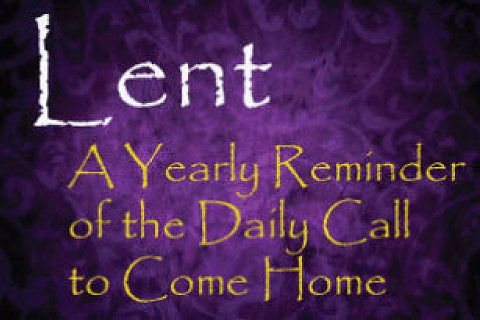 the deep, / Let the Spirit soak and save you, whole and lasting life to keep.” —continue reading “
the deep, / Let the Spirit soak and save you, whole and lasting life to keep.” —continue reading “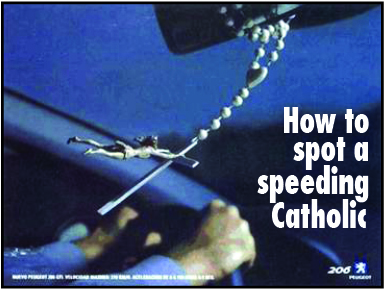 Featured this week on prayer&politiks
Featured this week on prayer&politiks Feel free to copy and post any original art on this site. (The ones with “prayer&politiks.org” at the bottom.) As well as other information you find helpful.
Feel free to copy and post any original art on this site. (The ones with “prayer&politiks.org” at the bottom.) As well as other information you find helpful.
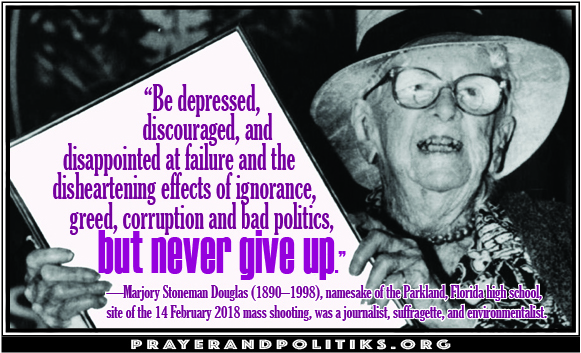 to wonder who she was.” Reading this amazing profile of the woman who “battled governments, developers, engineers, sugar cane industrialists and the apathy of normal people” to help save the Florida Everglades (among many other things). —
to wonder who she was.” Reading this amazing profile of the woman who “battled governments, developers, engineers, sugar cane industrialists and the apathy of normal people” to help save the Florida Everglades (among many other things). —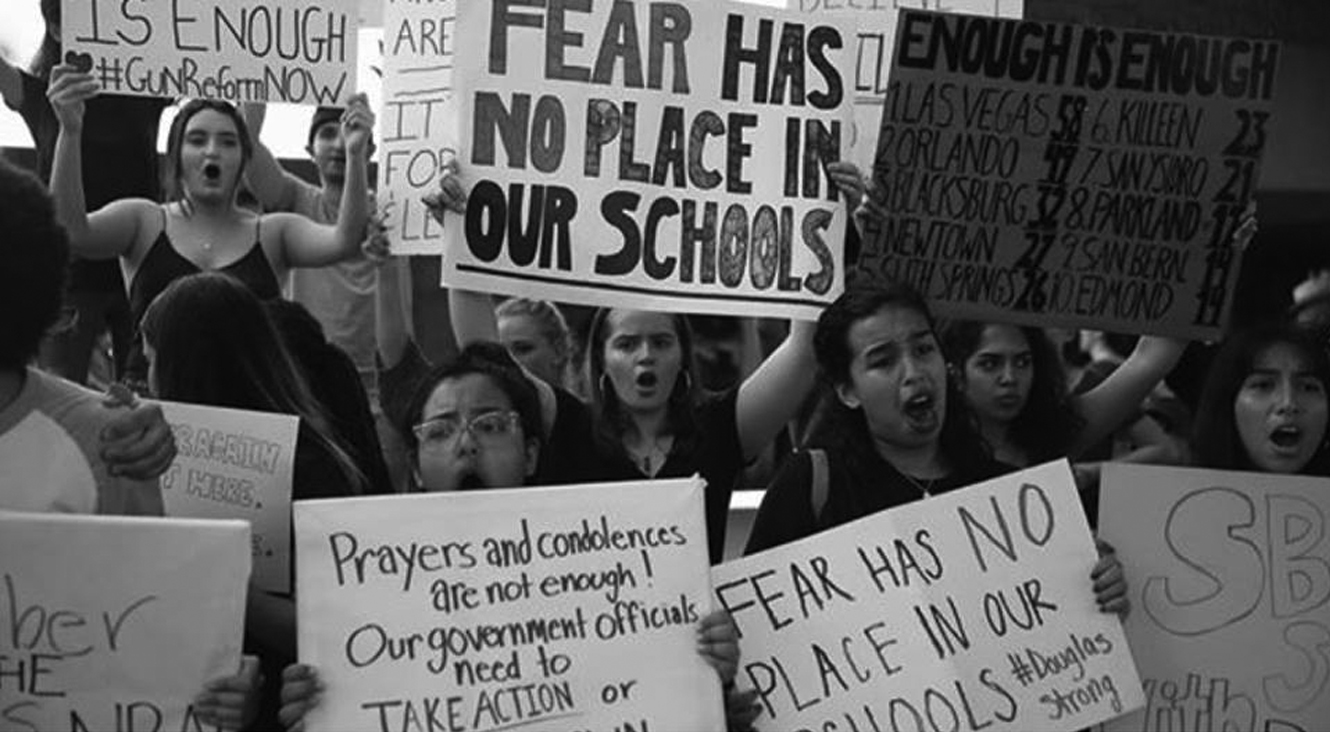 weeks. —for more see Craig Treadway, “
weeks. —for more see Craig Treadway, “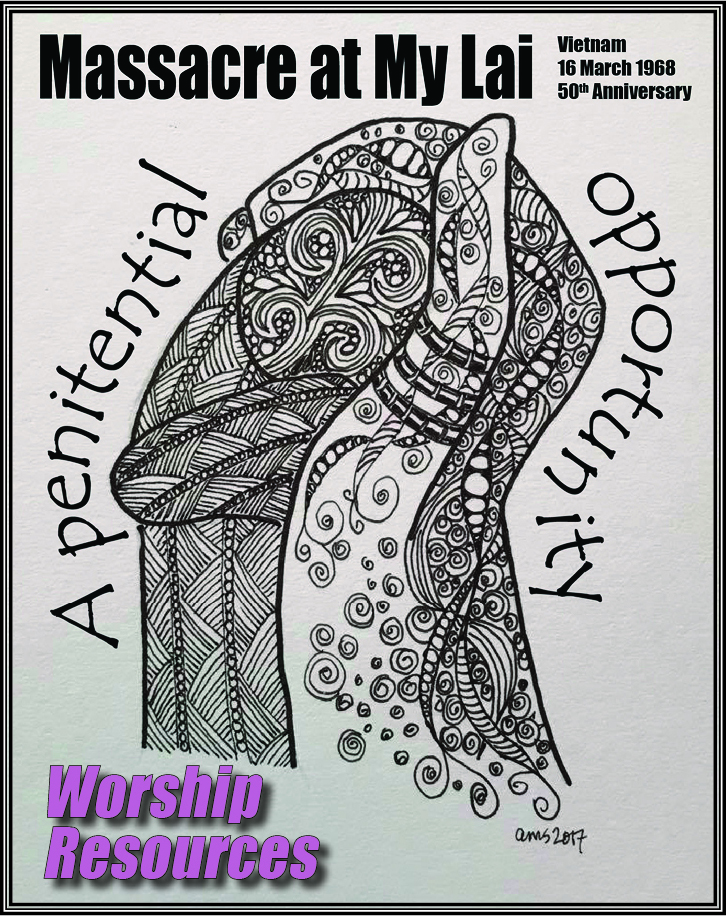 went on for several hours. Thus was carried out a systematic massacre of more than 500 Vietnamese civilians. No U.S. soldiers were threatened, fired upon, injured, or killed.
went on for several hours. Thus was carried out a systematic massacre of more than 500 Vietnamese civilians. No U.S. soldiers were threatened, fired upon, injured, or killed. then-Secretary of Defense Robert McNamara and leaked in 1971 by Marine veteran and Pentagon defense analyst Daniel Ellsberg, contains a Defense Department memo under the Johnson Administration listing three
then-Secretary of Defense Robert McNamara and leaked in 1971 by Marine veteran and Pentagon defense analyst Daniel Ellsberg, contains a Defense Department memo under the Johnson Administration listing three 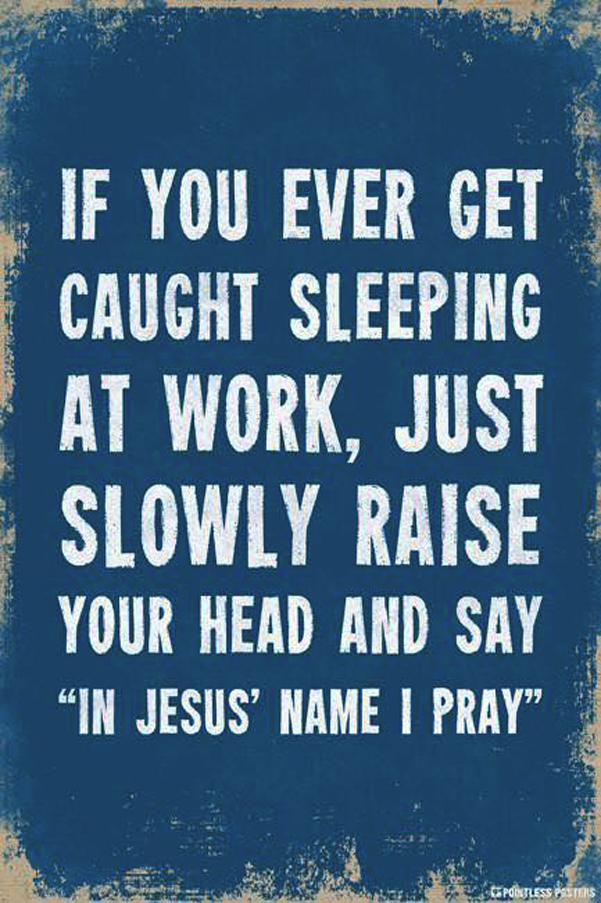 st for fun. “Inside One of America’s Last Pencil Factories,” [awesome!] photos by
st for fun. “Inside One of America’s Last Pencil Factories,” [awesome!] photos by 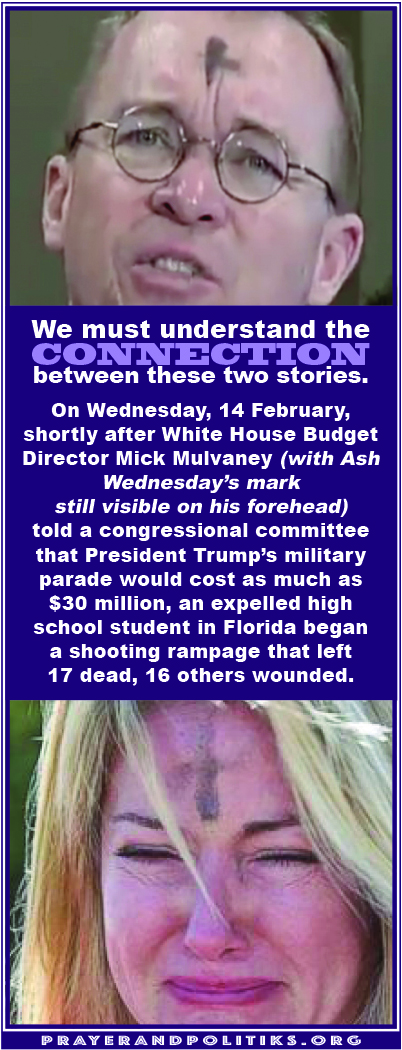 50th anniversary of the My Lai massacre. The 30-page document, titled “A Penitential Opportunity,” is now available.
50th anniversary of the My Lai massacre. The 30-page document, titled “A Penitential Opportunity,” is now available.